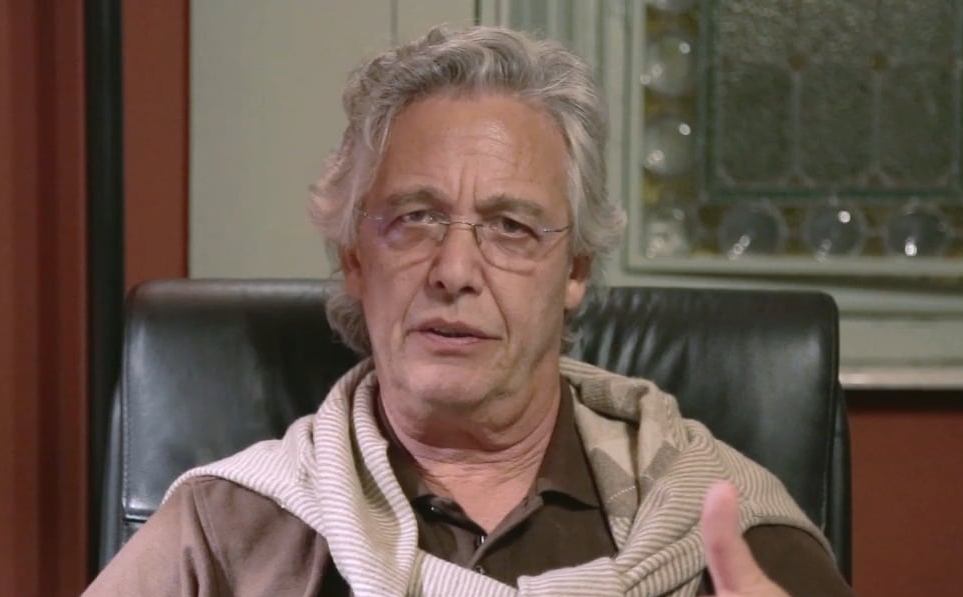Antidepressants and the Placebo Effect by Irving Kirsch
“Antidepressants are supposed to work by fixing a chemical imbalance, specifically, a lack of serotonin in the brain. Indeed, their supposed effectiveness is the primary evidence for the chemical imbalance theory. But analyses of the published data and the unpublished data that were hidden by drug companies reveal that most (if not all) of the benefits are due to the placebo effect. Some antidepressants increase serotonin levels, some decrease it, and some have no effect at all on serotonin. Nevertheless, they all show the same therapeutic benefit. Even the small statistical difference between antidepressants and placebos may be an enhanced placebo effect, due to the fact that most patients and doctors in clinical trials successfully break blind. The serotonin theory is as close as any theory in the history of science to having been proved wrong. Instead of curing depression, popular antidepressants may induce a biological vulnerability making people more likely to become depressed in the future.”
The Nocebo Effect
“The impact of fear or negative beliefs that limit your ability to respond to a specific intervention.”
Negative thoughts, emotions, or perceptions, real or imagined, are one the most widespread and least recognized causes of depression and anxiety. Epigenetics says, “Our thoughts and perceptions are translated into the chemistry that will determine what we become.” A disease caused by thought is not because the body is defective, it’s because the corresponding signal is inappropriate. Our consciousness is the primary driver in issues involving health on this planet – especially when it relates to stress. 75-90% of all physician office visits are for stress-related ailments. Only 1% of disease is caused by faulty genes. 99% of disease is either caused by Trauma, toxins, or our thoughts and perceptions.
Comparison of Chemicals Released Into The Blood During The Perception of Love and Fear.
The chemical composition of the blood is actually controlling the fate of the cell.
Love
- Dopamine – Attraction and Pleasure
- Oxytocin – Bonding and Attachment
- Vasopressin – Bonding and Attachment
- Growth Hormone – Supports growth and health
Fear
- Cortisol – Inflammation and protection
- Norepinephrine – Protection and obsession/compulsion
- Cytokines – Adverse effects of cytokines have been linked to many disease states and conditions ranging from schizophrenia, major depression, and Alzheimer’s disease to cancer.
- Histamine – Inflammation, and protection
Joe Rogan and Kelly Brogan, MD, holistic psychiatrist, on the Placebo Effect
https://www.youtube.com/watch?v=lvbryzRFcnk
5 Reasons Why We Need More Sun
13 ways to improve your odds of having a perfect night’s sleep
